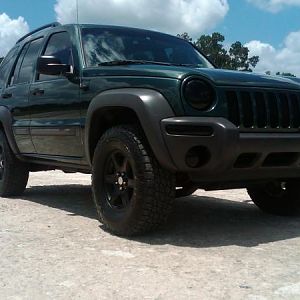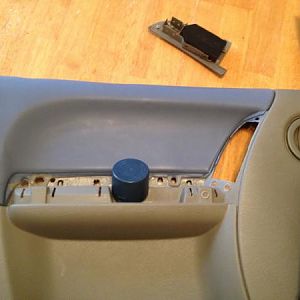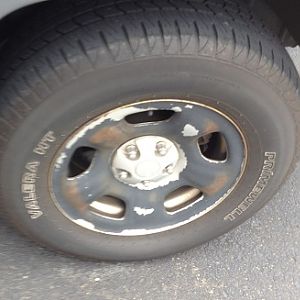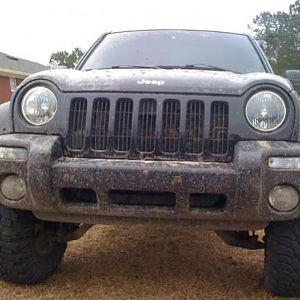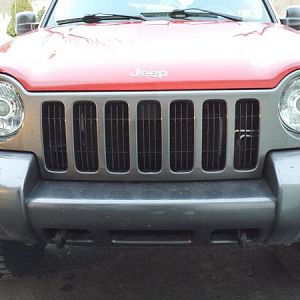Hi all,
I finally started working on my jeep under supervision of a mechanic, I’ve done a few works on it but now my brakes are having a problem.
It is a 2003 Jeep Liberty 3.7 V6 automatic with ABS
Since the brake pads have been changed, the brake pedal won’t stiffen up. We’ve bled the system, changed the brake calipers, changed the brake discs, changed the master brake cilinder, still it won’t stiffen up when the car is on.
When the car is off, the brakes stiffen up and become loose as soon as the car is turned back on.
We hear a ‘sis’ sound around the ABS, so I’m starting to think that maybe changing the ABS pump will be our final resolution?
Does anyone have an idea?
Thank you in any case
Cheers
I finally started working on my jeep under supervision of a mechanic, I’ve done a few works on it but now my brakes are having a problem.
It is a 2003 Jeep Liberty 3.7 V6 automatic with ABS
Since the brake pads have been changed, the brake pedal won’t stiffen up. We’ve bled the system, changed the brake calipers, changed the brake discs, changed the master brake cilinder, still it won’t stiffen up when the car is on.
When the car is off, the brakes stiffen up and become loose as soon as the car is turned back on.
We hear a ‘sis’ sound around the ABS, so I’m starting to think that maybe changing the ABS pump will be our final resolution?
Does anyone have an idea?
Thank you in any case
Cheers



